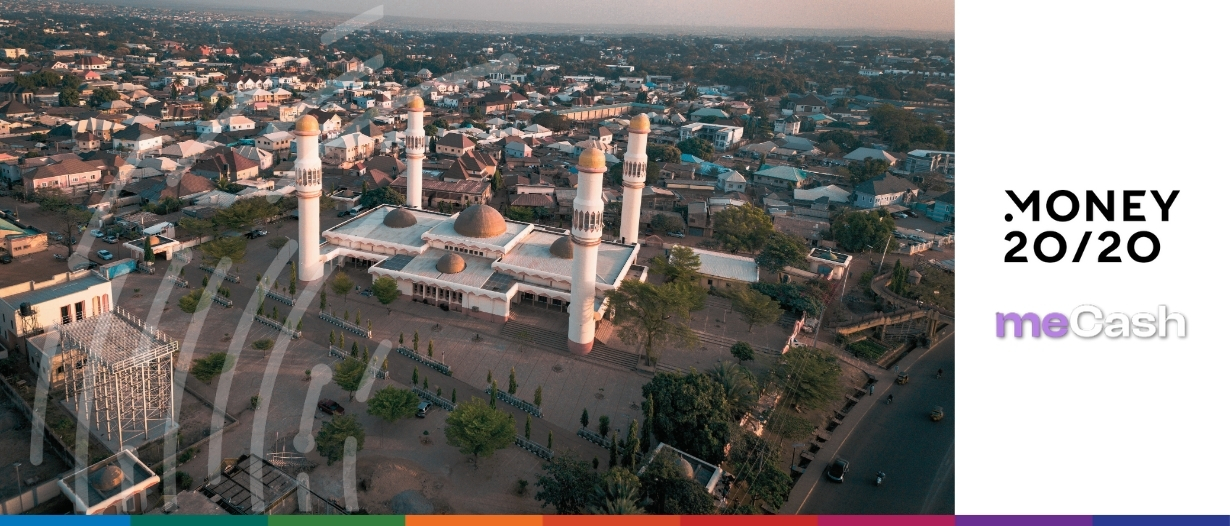Capital Flight: How Nigeria's Top VCs Are Quietly Abandoning Their Home Market - Tech In Africa
The Nigerian venture capital community has entered a new phase. Back home, the economy is tough, and startups are on the brink of survival. Inflation has reached unprecedented levels, and founders are banding together to discuss strategies for combating the growing challenges of dwindling fortunes and the ever-increasing currency volatility, which has seen the naira shed over 110% of its value in just two years.
However, something ominous looms on the horizon—whether the players are aware of it or not. The very local capital that flooded the startup ecosystem in 2020–2021 is now looking for safety abroad.
This week, Ingressive Capital, a fund once seen as one of the last remaining pro-local entities, joined this shift. Led by Maya Horgan Famodu, the Lagos-based fund made a move into Egypt—currently the most funded African market in 2025—by spearheading a $600,000 extension round for Nowlun, a digital freight startup that simplifies full-container shipping across the MENA region. The round, totaling $2.3 million, is noteworthy not just for the investment but for the shift in direction. The fund is now looking north.
Nowlun offers a solution for moving breakbulk cargo with real-time tracking, making the process simpler and more efficient—an identity rooted in Egypt, but increasingly regional in its ambition. This mirrors the evolving strategies of the investors themselves. Ingressive’s move is not an isolated incident. It marks a small step in a broader trend of Nigerian VCs quietly moving away from a home market that’s grappling with rising costs and shrinking exit opportunities.
Ventures Platform, another key player in Nigeria’s early-stage scene, is already making its move—half out the door, or perhaps into a new one. In Dakar, during a cocktail event that gathered the best of Francophone tech, the firm signaled its future intentions. The firm’s latest hire, Hady Barry—formerly of Taptap Send and Zipline—now represents Ventures Platform’s Francophone Africa expansion.
“Capital must follow talent,” Barry said, standing under soft lights amid rising expectations. “And talent is everywhere in Africa.”
She wasn’t exaggerating. Ventures Platform has been busy expanding its footprint. It led or co-led deals with startups outside Nigeria, such as Senegalese trucking company Chargel and Maad, a logistics-tech startup reimagining FMCG distribution in Africa’s informal sector. Maad raised $3.2 million last year. The firm’s strategy is deliberate—backed by international financial institutions (IFCs) like the International Finance Corporation (IFC) with $6 million for Ventures Platform’s second fund, along with other DFIs such as Proparco and BII. Given this diverse set of backers, sticking to the local market is no longer just limiting; it’s negligent.
LoftyInc isn’t standing still either. This March, it closed a $43 million third fund at remarkable speed, attracting investment from sovereign wealth funds in Egypt and Tunisia, as well as family offices in Europe and African high-net-worth individuals. This is a long way from the firm’s first $1.1 million fund, which was fully supported by Nigerian investors. Despite the modest size, it returned 5.7x, thanks to early bets on companies like Flutterwave and Reliance Health. However, those early days now seem like a distant memory.
LoftyInc’s $3 million pre-Series A investment in Egypt’s Widebot in March—the Arabic LLM startup—illustrates its evolving focus. The fund is following the preferences of its LPs, heading into North Africa, AI, and relevance.
Meanwhile, Oui Capital, one of the few Nigerian funds with a genuine 50x return under its belt (Moniepoint, where $150K turned into $8 million), is also focusing on Francophone markets. In February, it led a $3.5 million round for Cauridor, an Ivory Coast-based fintech aiming to streamline cross-border payment systems in Africa. Oui had been eyeing the region for a while, and now it’s in.
Yet, the situation on the ground in Nigeria is complex. While Nigerian VCs remain active in the local market, they are no longer leading the charge. A review of major 2025 deals shows Nigerian firms at the table, but rarely at the helm:
While money continues to flow into the market, it is not coming from Nigerian investors. And it’s likely that this trend will continue for some time.
The broader economic context in Nigeria doesn’t help. The naira has fallen dramatically, now trading past ₦1,600 to the dollar—more than double what it was two years ago. Inflation in electricity, fuel, and food costs is rising, and consumer confidence is dropping. The IMF now lists Nigeria as Africa’s fourth-largest economy, trailing Egypt, Algeria, and South Africa.
In Q3 of 2024, Egypt and Kenya together captured 75% of all startup funding—$272 million and $201 million, respectively. Nigeria barely made a mark, ranking third overall for that year. Aside from last-minute mega rounds from companies like Moove and PalmPay, funding for Nigerian startups this year has been scarce.
Nevertheless, the ecosystem is still surviving. Founders are finding ways to keep going—patching up burn rates, avoiding shutdowns, and securing bridge rounds in tight spots. However, the early-stage market is quietly starving. Many local VCs that once handed out $50K–$100K cheques across Lagos have shifted their focus offshore, or worse, stopped writing cheques altogether. Even Y Combinator, once a guaranteed source of validation and global capital for Nigerian startups, has effectively closed its doors.
“It’s a long thing,” one investor told Launch Base Africa. “There used to be a time when $100K cheques were everywhere. Now? You have to squint to find one.”
It’s not all doom and gloom, but there is a sense of dislocation. The builders are still there, as are the ideas. But Nigerian capital, once the pride of its own ecosystem, is increasingly looking beyond the borders, chasing new markets and surer returns. Not because it wants to abandon its home, but because the home market, for now, is too difficult to support.
The money hasn’t stopped moving—it’s just not moving here.











